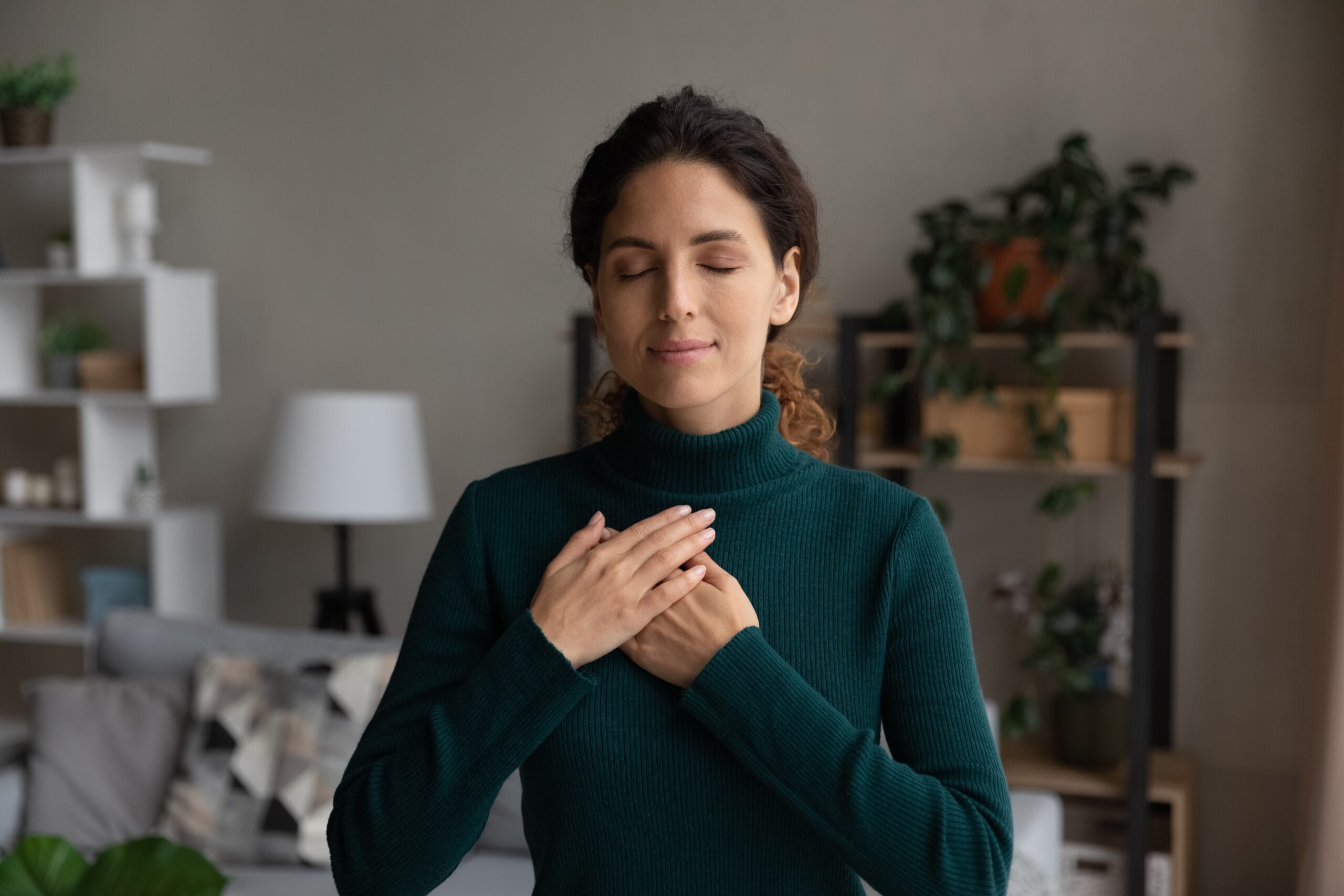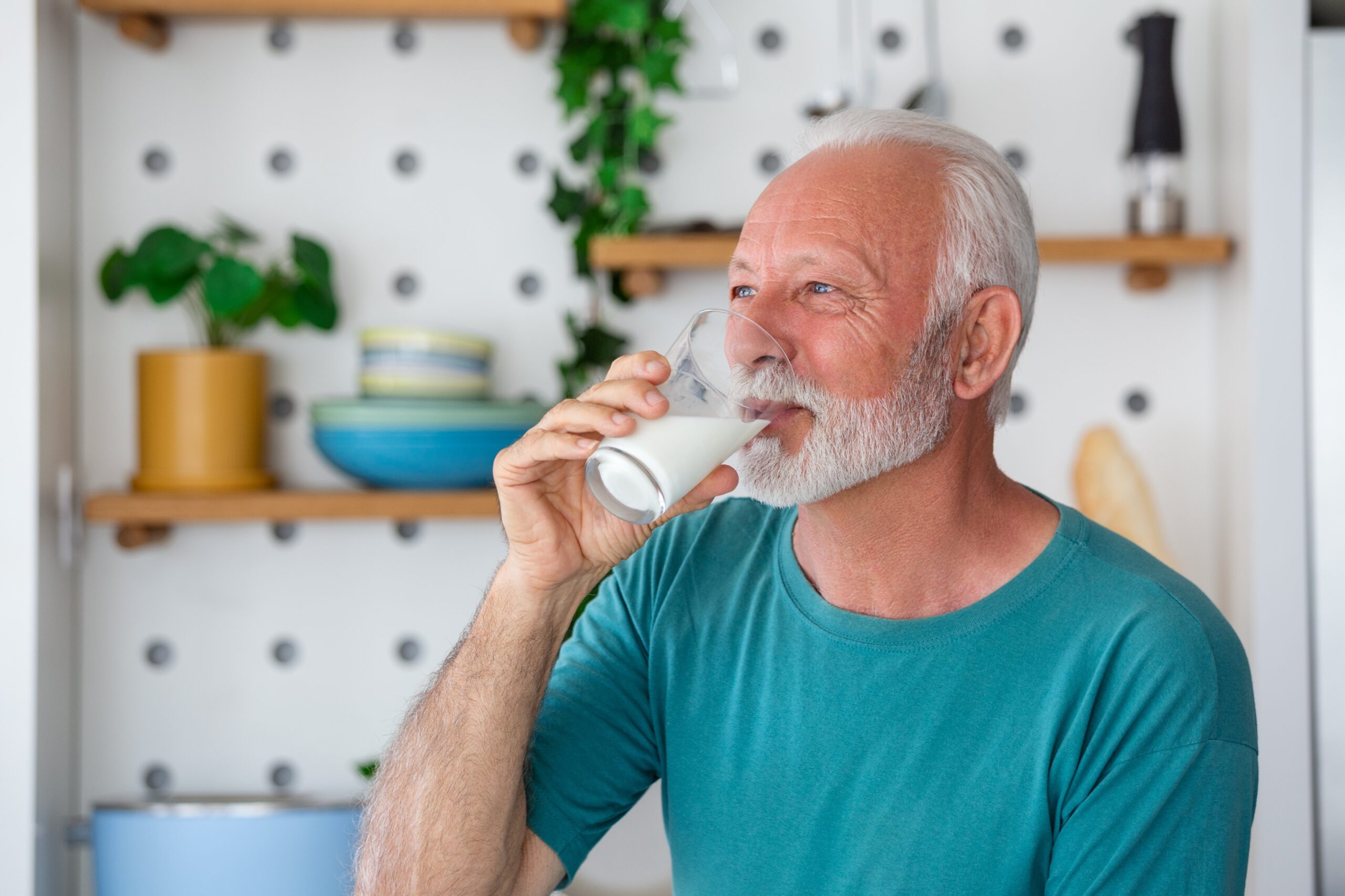Around 800,000 people in the United States suffer a stroke each year, making it one of the leading causes of long-term adult disability. People recovering from strokes are one of the most common type of patients that we admit for short-term rehabilitation at Fulton Center for Rehabilitation and Nursing.
Strokes can be a scary thing. However, with prompt treatment, recovery, and rehabilitation, improved functioning and even complete recoveries are possible for someone who has a stroke.
To assist with recovery, there are several different types of healthcare professionals that you need to get acquainted with, courtesy of the National Stroke Association.
- Neurologist: Specializes in treatment of diseases of the brain and spinal cord.
- Rehabilitation Nurse: Helps manage health problems that affect stroke, like diabetes and high blood pressure.
- Physical Therapist: Helps with moving and balance by helping patients through exercises designed to strengthen muscles for walking, standing, lifting, and other movements.
- Occupational Therapist: Helps re-learn daily activities like dressing, bathing, eating, writing, and cooking.
- Speech-Language Pathologists: Teaches skills like talking, reading, and writing that may be lost in a stroke. Also helps with strategies to deal with problems swallowing.
- Dietician: Specializes in healthy eating strategies and crafting special diets like low salt, low fat, and low calorie.
- Social Worker: Helps people recovering from a stroke make decisions about rehab programs, along with living arrangements and special services after being discharged from rehab.
- Neuropsychologist: Diagnoses and treats changes in thinking, memory, and behavior that occur from a stroke.
- Recreation Therapist: Helps those recovering from a stroke learn ways to improve the cognitive and functional skills needed to do recreational activities like sports, golf, swimming, etc.
The goal for every one of our short-term rehabilitation patients is for them to return home to the life that they previously lived. We want the stroke survivor to leave us as independent as possible, and any or all of these specialists help us in reaching that goal.






